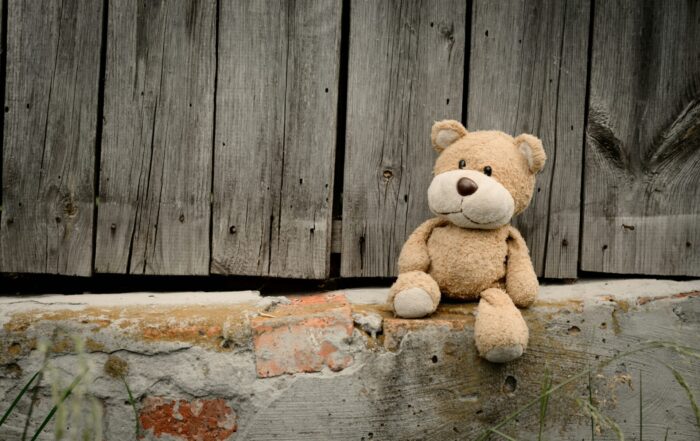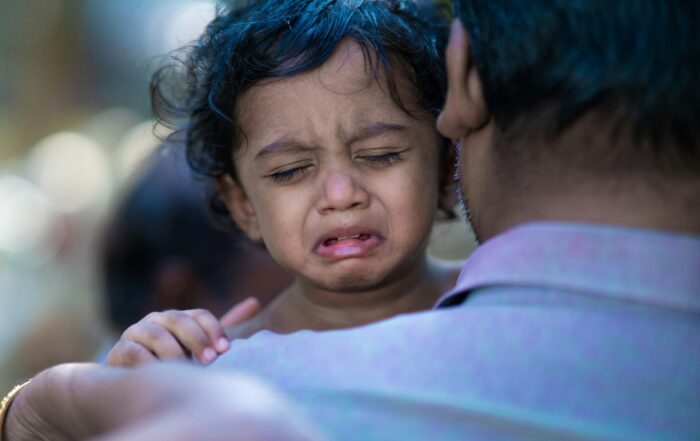
By Julie B. Kaplow and Mark W. Kline
No infectious disease since HIV/AIDS in the 1980s has captured the world’s attention in the way COVID-19 has. The HIV/AIDS pandemic is still with us nearly 40 years later. Effective treatment has made HIV/AIDS a manageable medical condition rather than the almost certain death sentence it was in the beginning, but a vaccine still eludes us. More than 32 million people have died of HIV/AIDS since the beginning of the pandemic, including about 700,000 Americans. Children were almost an afterthought in the early days of HIV/AIDS. Many children died, and even more suffered emotionally in response to the deaths of caregivers and relatives.
So far, it appears that children are being spared the brunt of the COVID-19 pandemic from a physical health perspective, but there is no doubt that there will be lifelong mental health consequences. Proactive measures implemented now, including raising awareness regarding children’s trauma and grief-related responses to the pandemic, can mitigate these potentially debilitating outcomes.
Research tells us that youth who have experienced prior traumas and losses — nearly half of U.S. children — are at significantly higher risk of developing mental health problems in the face of current adversity.
Share This Post!
Trauma-Informed Care
By healthcaretoolbox.org A guide for patients and caregivers to advocate for trauma-informed care in all aspects of healthcare. Read Article [...]
After the Trauma: Helping My Child Cope
By The Center for Pediatric Traumatic Stress at Children's Hospital of Philadelphia and Nemours / Alfred I. duPont Hospital for Children A helpful toolbox to assist parents with what they can [...]
The Power of Mindfulness
By Juliann Garey Mindfulness is a meditation practice that helps you calm down. It starts with focusing on your breathing. It helps you stay in the present instead of worrying about the [...]
Adverse Childhood Experiences
By CDC ACEs are common. About 64% of adults in the United States reported they had experienced at least one type of ACE before age 18. Nearly one in six (17.3%) [...]
It Happened Here: Dr. Margaret Morgan Lawrence
By NYP History Every time she was turned away, Dr. Margaret Morgan Lawrence, whose career began at NewYork-Presbyterian in the 1940s, found a new opportunity to succeed, eventually becoming the first [...]
The Impact of Childhood Trauma on Developing Bipolar Disorder
By Yann Quidé, Leonardo Tozzi, Mark Corcoran, Dara M Cannon, Maria R Dauvermann Childhood trauma (CT) has been repeatedly linked to earlier onset and greater severity of bipolar disorder (BD) in adulthood. However, such knowledge [...]







